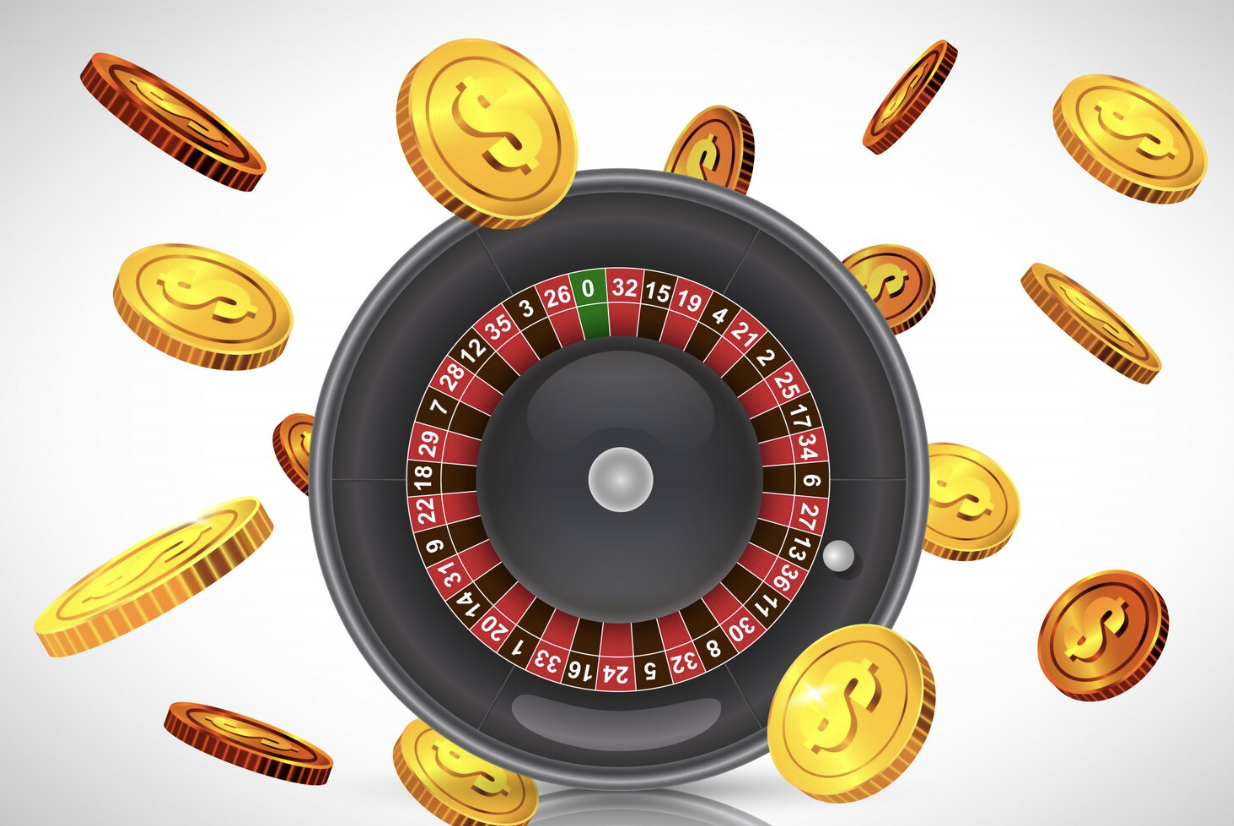The Buried Spine of Online Casinos: What Licensing Truly Implies for Players

When you step into an online casino, the first things that immediately strike you are likely to be the shiny games, the lofty welcome bonuses, and perhaps the live roulette wheel spinning. But behind all the glitter and glitz lurks something far more vital — something operating unobtrusively in the background to forge your entire experience: licensing. It is not glitzy. It does not dispense a jackpot. But without it, that seemingly promising platform may be little more than a virtual fantasy.
Licensing is the line between a casino that pays out your winnings and one that vanishes with your money. If you’re going to play online, understanding how casino licensing works — and why it matters — can protect your time, your funds, and your trust.
What Does It Mean for a Casino to Be Licensed?
Essentially, a license is a statute that permits an online casino to do business. It is similar to a business license for the casino games industry. As restaurants need to comply with health codes before they can serve food, online casinos, like Melbet, need to comply with regulatory phases before they can serve slots, poker, or sports betting. A license is issued by a gambling commission or authority in a jurisdiction. These organizations set standards to ensure that the casino operates fairly, securely, and openly. If the casino is licensed, i.e., someone is monitoring them they can’t cheat, delay payment, or misuse your personal information.
On the flip side, unlicensed casinos aren’t accountable to anyone. If they lock your account, refuse to pay out, or run rigged games, you’re mostly out of luck. That’s why checking a casino’s license isn’t a formality — it’s your first line of defense.
Types of Licenses: What Are They and How Do They Differ
Not all licenses are equal. Licenses are issued by different authorities with different levels of strictness and supervision. Some are reputed to be stringent and reputable, while others are less stringent, less expensive, and simpler to acquire.
Let’s get a better look at how the big licensing authorities compare:
| Licensing Authority | Reputation | Player Protections | Commonly Found In |
| UK Gambling Commission (UKGC) | Very strict | High-player complaints are handled, and games monitored | UK, parts of Europe |
| Malta Gaming Authority (MGA) | Trusted | Strong – fair play and anti-money laundering rules | Europe, International |
| Curacao eGaming | Moderate | Low to medium – basic fairness checks, minimal recourse | Worldwide, incl. grey markets |
| Gibraltar Regulatory Authority | Strong | High-active regulation and frequent audits | Europe, mostly British markets |
Prior to entrusting a casino with your funds, scroll to the bottom of their homepage. That’s where licensing information is normally found. If it’s not there, that’s already a bad sign.
A high-tier license would usually mean that the casino has undergone due background checks, software testing, and anti-fraud reviews. A low-quality license could be no more than a rubber stamp — simple to obtain, and equally simple to manipulate.
Why It Matters to You: Actual Impact of Licensing on Players
Licensing isn’t just something that casinos should worry about. It directly affects the players who mean the most to you. A license makes or breaks your experience from the time you register until the day you win. Here’s why:
- Trustworthy Games: Licensed casinos have to employ tested Random Number Generators (RNGs) so that card games and slots are fair. You’re not fighting a fixed system.
- Quick and Fair Payouts: Regulated sites can’t keep your money unfairly. If they hold you up forever, you can file a complaint with the regulator overseeing them.
- Data Protection and Privacy: Licensed casinos must be data protection compliant and encrypted. Your data doesn’t end up in the wrong hands.
- Access to Dispute Resolution: Something has gone wrong — your account is frozen or your bet is canceled — you have someone to complain to. A genuine licensing body will hear complaints and, if necessary, compel the casino to act.
Far too many players assume that all online casinos are equal. They’re not. That’s why taking a few seconds to verify the license before you join up can spare you aggro — or even outright scams — later on.
Don’t Be Deceived: Half-Truths and Red Flags
Some casinos say they are “licensed,” but will not say by whom. Others may display spurious badges or obsolete licenses from jurisdictions where regulation has been amended or superseded. So how can you tell if a license is genuine?
These are some of the red flags that should set the alarm ringing:
- No clickable license badge: Legitimate regulators permit casinos to make their license badge clickable to verify a page. If you cannot click the badge, then it will not be real.
- Complicated or absent legal information: If you are required to navigate through multiple pages and still cannot determine where the casino is based or licensed, then that is an issue.
- Enormous bonuses with massive withdrawal limits: They are standard, but “too good to be true” offer sites have no regulation and will do everything they can to make it difficult for you to withdraw your winnings.
- Poor forums or review site reputation: Always check. A little bit of reading what gamblers are saying can help you determine whether a license is shown.
Even in 2025, there are scoundrels still lurking in the game world. And while regulators refine their systems, the best filter is you. Be a skeptical surfer, not an eager clicker.
Final Thoughts: Licenses Aren’t Just Paper — They’re Player Power
Consider licensing to be the unseen referee of online gambling. You may not always know that it’s working, but when a lot is on the line, its existence is what makes all the difference.
Whether you’re in it for weekend poker, daily sports bets, or the occasional jackpot chase, playing on a licensed platform means someone’s making sure the game is played fairly — not just by you, but by the house too.
So before you deal, bet, or spin again, scroll down that homepage, locate that license, and ask yourself: Who’s really in charge of this joint — and who’s forcing them to play by the rules?
Miss Clipping Out Stories to Save for Later?
Click the Purchase Story button below to order a print of this story. We will print it for you on matte photo paper to keep forever.

